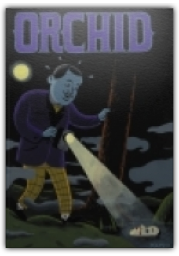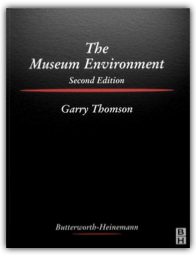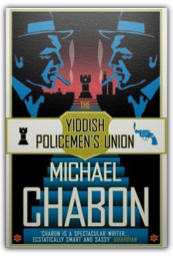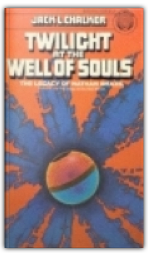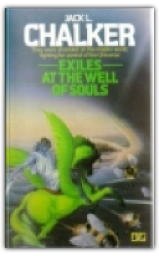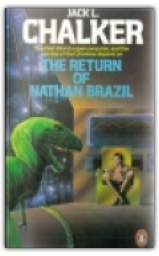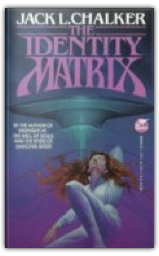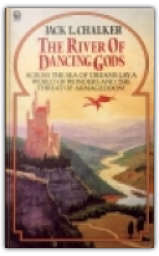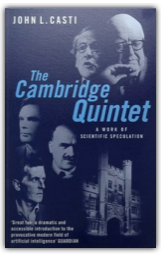 The Cambridge Quintet
John L. Casti
The Cambridge Quintet
John L. Casti
It was a dark and stormy night. Four great minds, at the behest of a fifth, convened at Cambridge in 1949 to discuss artificial intelligence over a five-course dinner. Had geneticist J.B.S. Haldane, physicist Erwin Schrödinger, mathematician Alan Turing, and philosopher Ludwig Wittgenstein actually met that night in the rooms of Britain's science adviser C.P. Snow, they may have enacted the drama revealed in The Cambridge Quintet. This work of "scientific fiction" presents what could have been the dawn of the still-raging debate over the nature of intelligence and its reproduction in "metal, glass, and plastic". |
 Made with Delicious Library
Made with Delicious Library
London, State zipflap congrotus delicious library Scott, Mike



